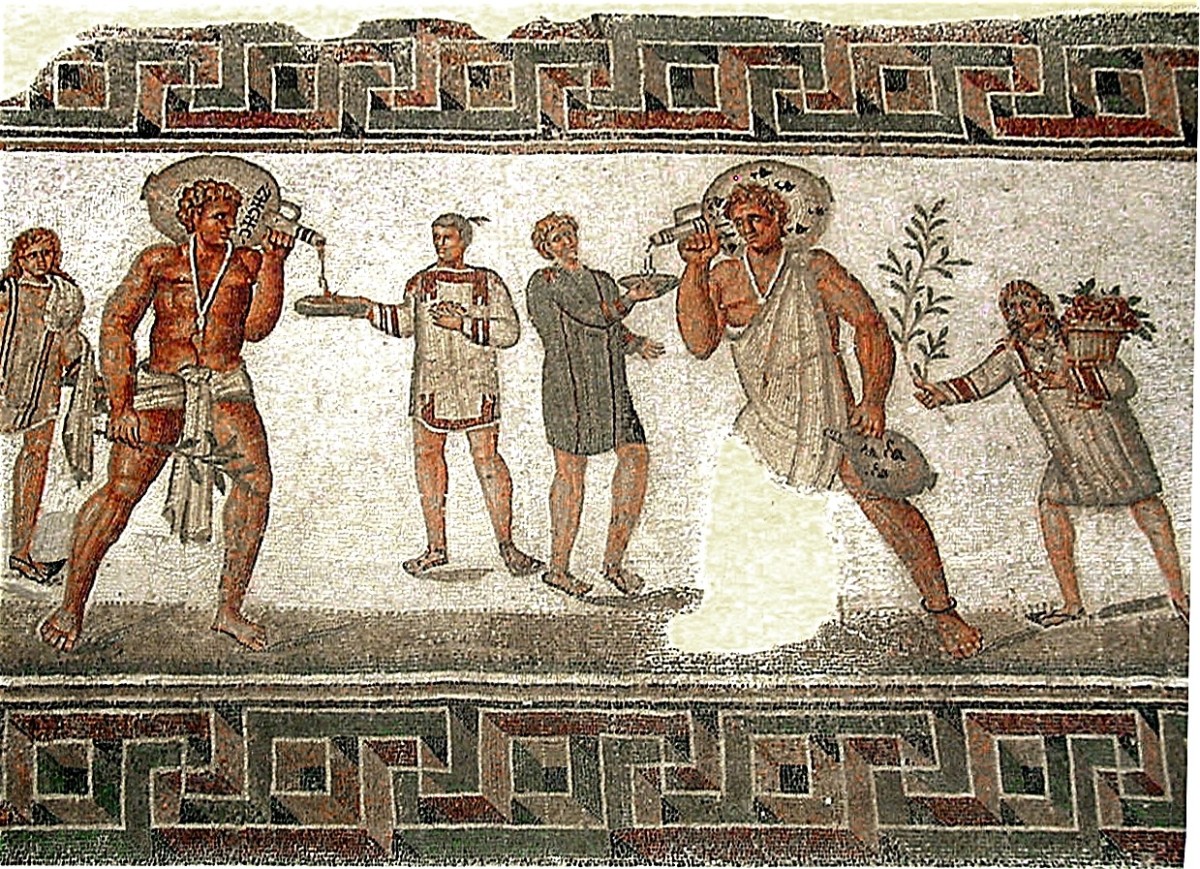For it was fitting for Him, for whom are all things and by whom are all things, in bringing many
sons to glory, to make the captain of their salvation perfect through sufferings.
Hebrews 2:10
For those who are not into comic books, there are lots of superheroes out there. There is Captain America, but there are also Captain Britain, Captain Canuc, and Captain Universe. You can even find Captain Atom, Captain Comet, Captain Video, and Captain Marvel (a.k.a. Shazam). Calvin and Hobbs also had their own superhero (Captain Napalm). Now we add to the list one more: The Captain of Salvation. The only difference between this one and all the others is that this superhero is real and the rest are pretend.
The Lord Jesus is a superhero in His own right. He conquered the power of sin and death and hell by dying and then rising again from the dead. He defeated His arch villain, Lucifer, crushing his demonic army. The Captain of Salvation proclaimed His power before beginning His first adventure: “The Spirit of the LORD is upon Me, Because He has anointed Me To preach the gospel to the poor; He has sent Me to heal the brokenhearted, To proclaim liberty to the captives And recovery of sight to the blind, To set at liberty those who are oppressed” (Luke 4:18).
No one else can do what the Savior has already done “Nor is there salvation in any other, for there is no other name under heaven given among men by which we must be saved” (Acts 4:12). “Much more then, having now been justified by His blood, we shall be saved from wrath through Him. For if when we were enemies we were reconciled to God through the death of His Son, much more, having been reconciled, we shall be saved by His life.” (Romans 5:9,10).
Who is this guy who single-handedly rescues people from the penalty of sin? He is the Captain of Salvation!
July 22









